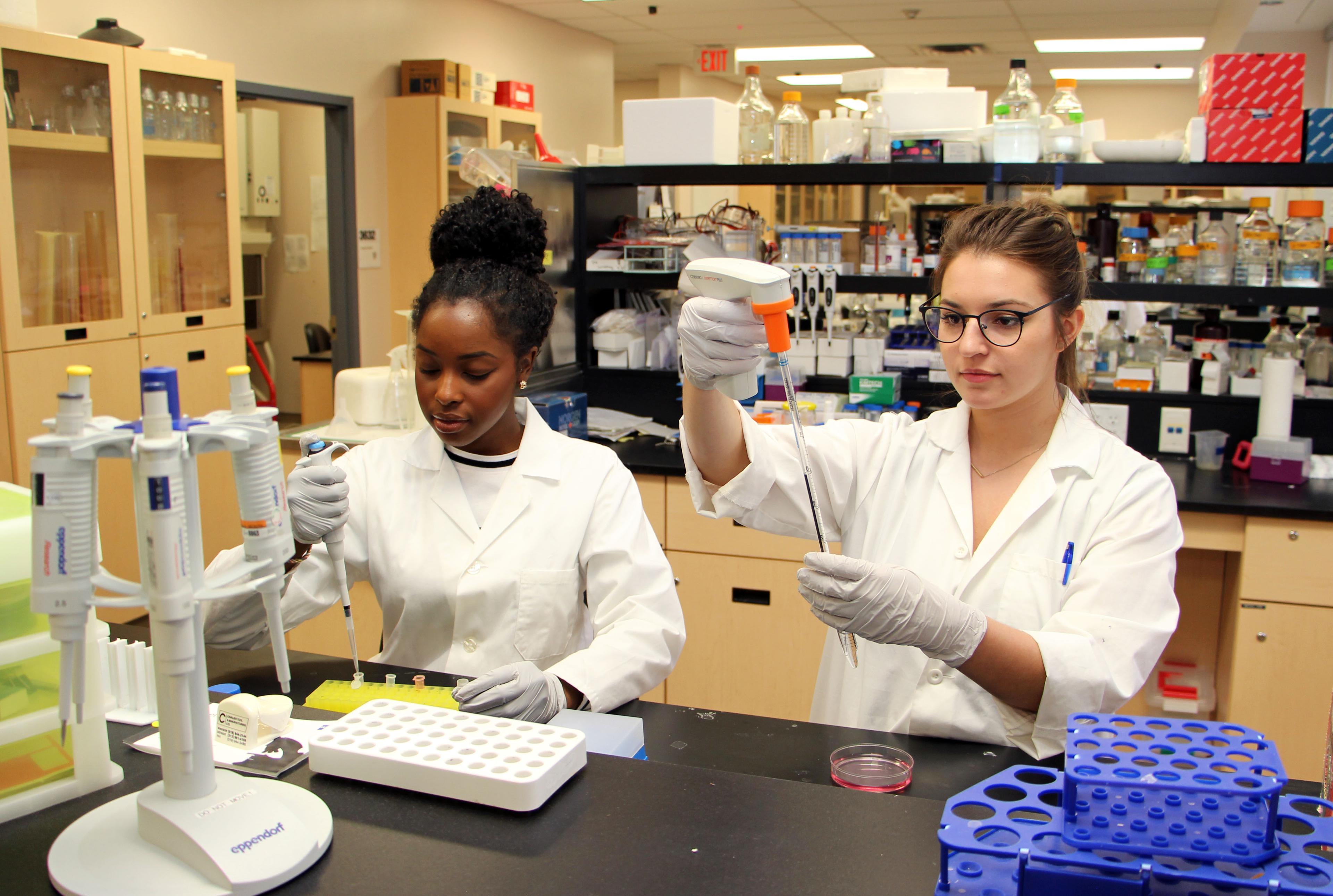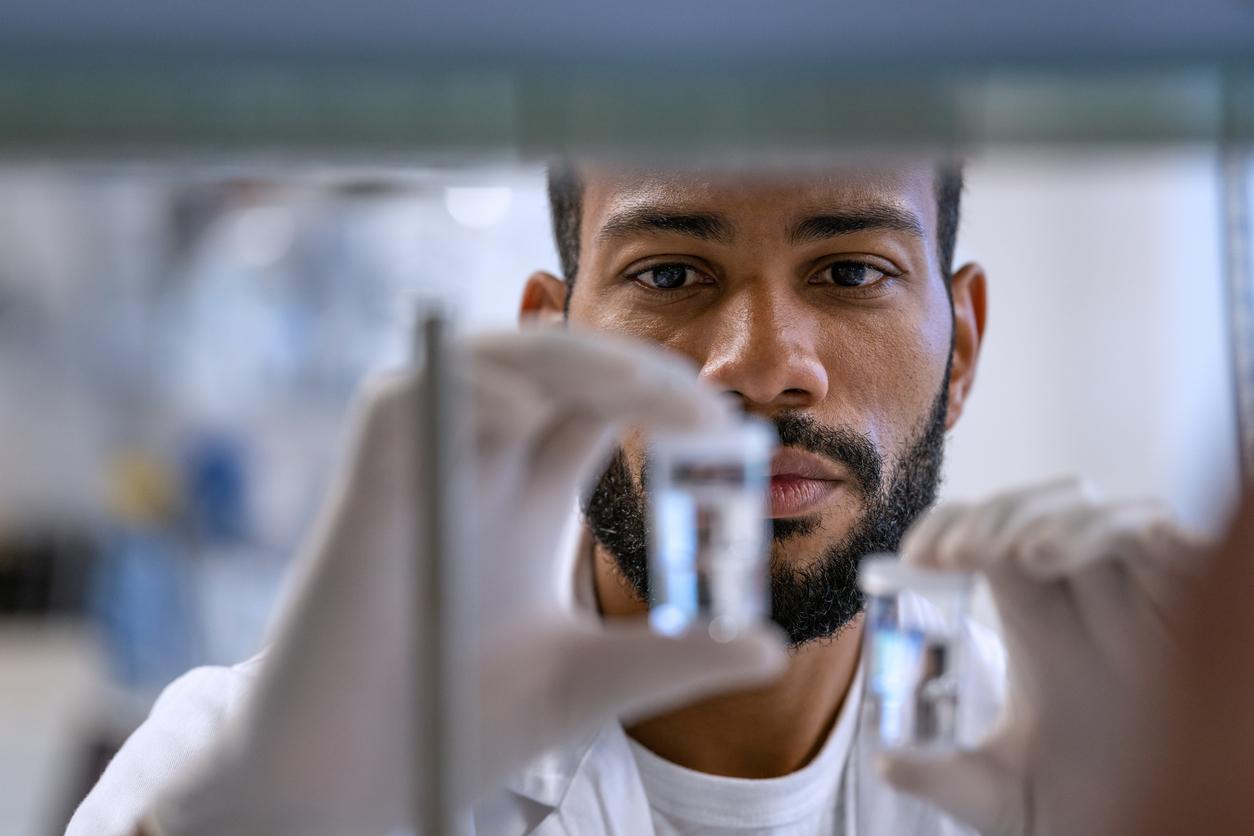
Department of Biomedical Sciences
About
The Department of Biomedical Sciences is responsible for delivering professional and specialist education and research training in seven main research areas: Reproductive Biology and Development, Cellular and Molecular Basis of Health and Disease, Biomedical Pharmacology and Toxicology, Neuroscience, Cancer Biology, Cardiovascular Physiology, and Regenerative Medicine and Stem Cell Biology.
In addition to providing courses in the DVM and BSc programs, the Department offers course-based Masters (MBS), MSc and PhD programs in each of the departmental discipline fields.
Core Areas of Emphasis
Reproductive Biology and Development
Cellular and molecular mechanisms involved in steroidogenesis, normal and abnormal development of embryos, various aspects of reproductive biology (including the endocrinology) of domestic, laboratory and exotic species, the development of reproductive biotechnologies, such as cloning, in vitro fertilization, micromanipulation of embryos, cryopreservation of gametes and embryos and sex determination in animals.
Cellular and Molecular Basis of Health and Disease
Understanding the disease processes at the molecular level, including studies of cancer biology, hepatic diseases, cardiovascular disease, and ion channel diseases.
Biomedical Pharmacology and Toxicology
A focus on the clinical aspects of pharmacology and toxicology, using domesticated and laboratory animals. Drugs used therapeutically or chemicals encountered as environmental contaminants are studied using a range of in vitro and in vivo model systems.
Neuroscience
The characterization of pattern formation during normal brain development and novel mechanisms of synaptic plasticity, gene expression patterns, and signaling pathways activated in aging and Alzheimer's Disease, the characterization of mutant ion channels in disease, and the role of sex hormones in brain function.
Cancer Biology
Biology of solid tumours, molecular mechanisms involved in breast, ovarian, and lung cancer development and metastasis, metronomic and novel therapies targeting tumour vasculature using a range of in vitro and in vivo model systems.
Cardiovascular Physiology
Circadian regulation and sex differences in cardiovascular health and disease, molecular mechanisms of heart failure and ageing and ischemic heart disease, and central regulation of autonomic function using a range of in vitro and in vivo models systems.
Regenerative Medicine and Stem Cell Biology
Stem cell isolation function and application, tissue engineering and regeneration, and wound healing using canine, equine and non-mammalian species.
- Department of Biomedical Sciences
People
Undergraduate Programs
Graduate Programs
Research
Academics & Research Information

Contact Us
Ontario Veterinary College - (519) 824-4120
Department Chair - Tarek Saleh, x54700, tsaleh@uoguelph.ca
Assistant to the Chair & Faculty - Kim Best, x54918, kbestb@uoguelph.ca
BIOM Major Advising - Kim Best, x54918, kbestb@uoguelph.ca
Graduate Program Team - x54743, ovc.biomgrad@uoguelph.ca
Operations Manager - Holly Illman, x54911, illmanh@uoguelph.ca





